
Outreach
Science communication and engagement are key components of our research, particularly when working at the interface between ocean science and policy. If you are interested in collaborating with us for outreach & communication purposes, please get in touch!
The Oxford Seascape Ecology Lab exhibition for the Virtual Ocean Pavilion at COP26, featuring our collaborative blue carbon research.
Dr Lisa Wedding and her team recently led a blue carbon research project (published in Global Environmental Change) investigating the carbon sequestration potential of habitats along the California coast. With the help of the University of Oxford ESRC Impact Acceleration Account (IAA) grant, these findings were shared with local policy-makers and stakeholders through online webinars, workshops, and a freely-accessible policy brief.
In addition to working with decision-makers, we sought new ways to communicate our findings with non-expert audiences through a successful art-science collaboration within the Art, Biodiversity, and Climate (ABC) Network. Following a series of outreach events (for more on these events, see below and check out this webstory), Dr Wedding collaborated with Sarah Reiter, Director of Ocean Policy at New England Aquarium’s Anderson Cabot Center for Ocean Life and Head of an Observer Delegation to the UNFCCC COP26 negotiations to showcase this blue carbon research and outreach work at the COP26 Virtual Ocean Pavilion (VOP).
Art-science collaborations
In 2022, the Oxford Seascape Ecology Lab were involved in the inspiring Kurt Jackson: Biodiversity exhibition at the Oxford University Museum of Natural History. This exhibition displayed award-winning British artist and environmentalist Kurt Jackson’s artworks amongst the Museum’s collections, showcasing the interlinkages between art, science, and natural history. Selected works were accompanied by responses from Oxford University scientists to highlight connections with research and encourage viewers to consider what biodiversity means to them (see above). You can access the online exhibition here.
The Oxford Seascape Ecology lab took part in the Art, Biodiversity, and Climate (ABC) Network. This programme helps to foster collaboration between the arts, sciences, and humanities to creatively explore how we relate to and think about our environment.
Following the pivotal 2021 COP26 event, the ABC Network helped the lab to engage in new forms of knowledge-making with creative practitioners.
We were particularly lucky to collaborate with Jenny Lines, a printmaker and painter based in Oxfordshire, who was our Artist in Residence in 2021.
Our Twitter
-
The #PeoplesPlanforNature has been launched! This community-developed plan sets out how we can collectively take… https://t.co/PzguRiPDz4
-
RT @NathalieSeddon: It was an honour to be part of this! Turns out there is a lot of love for nature in this country; a lot of grief a… https://t.co/oEBoAc0eSH
-
RT @NatureBasedSols: “No more harm to nature!" #PeoplesPlanforNature launched today sets out an ambitious vision from the UK public to… https://t.co/jUlivTEvRr
Outreach Updates
Oxford Seascape Ecology Lab research has been featured in a Blue Forest Interview: “Incorporating blue carbon sequestration benefits into sub-national climate policies”
Dr Lisa Wedding’s research has been featured in the St Hilda’s Photography Exhibition. Find out more at: “Can Remote Sensing help us protect coral reefs?”
A video abstract by RSEC based on the paper 'Remote sensing of three-dimensional coral reef structures enhances predictive modelling of fish assemblages' by Wedding et al. 2019. Read the paper here.
Media Gallery
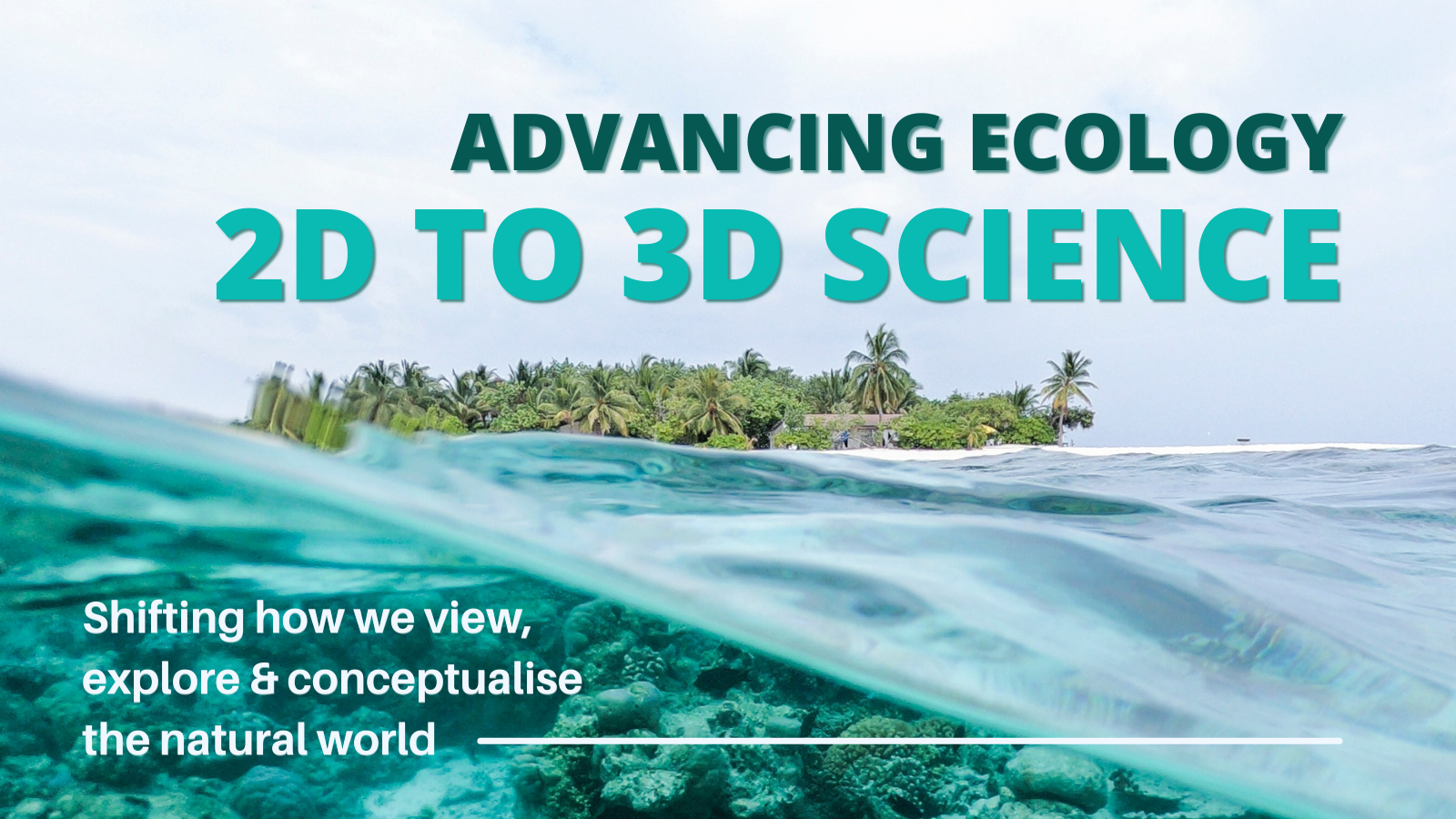

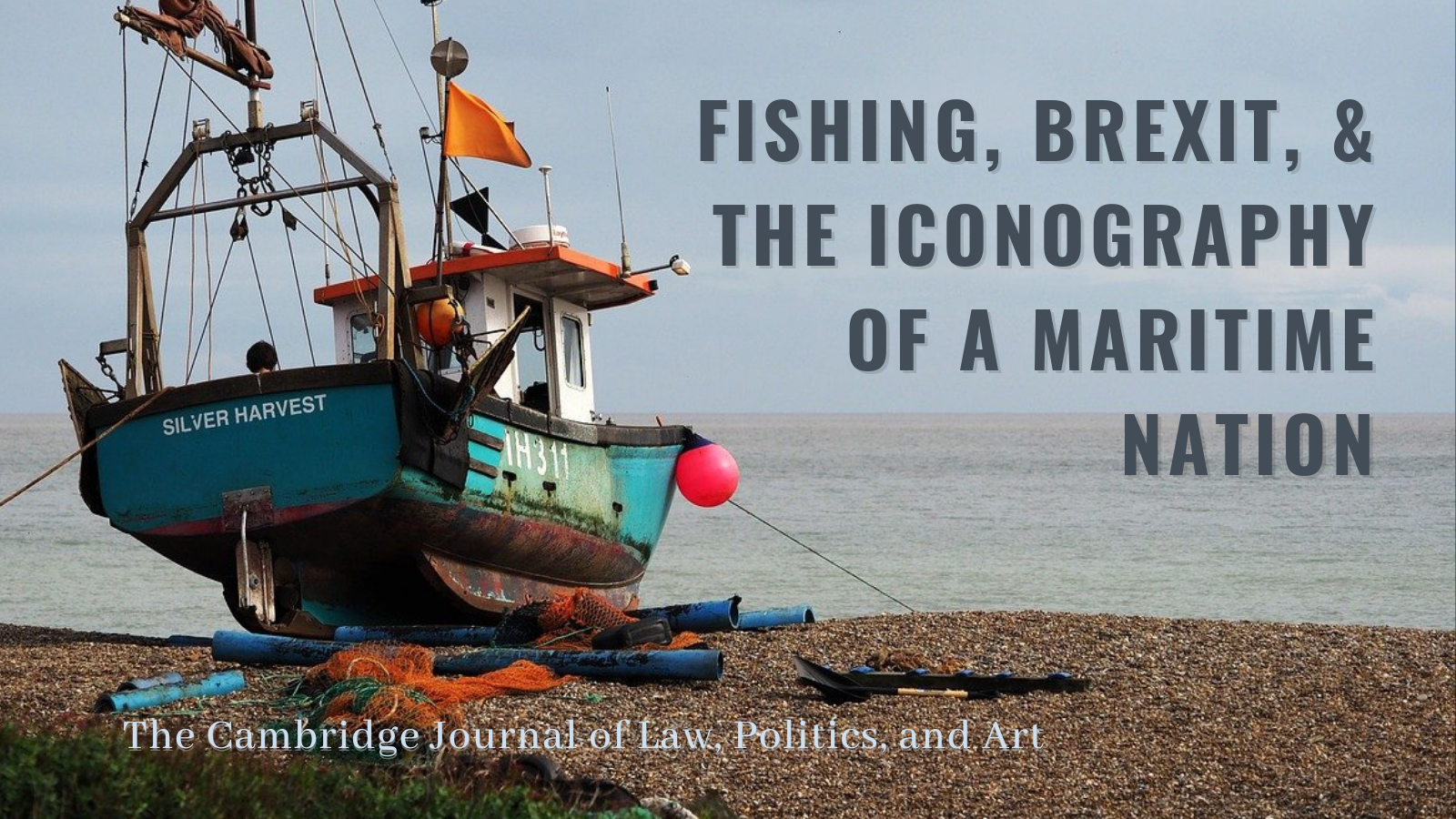
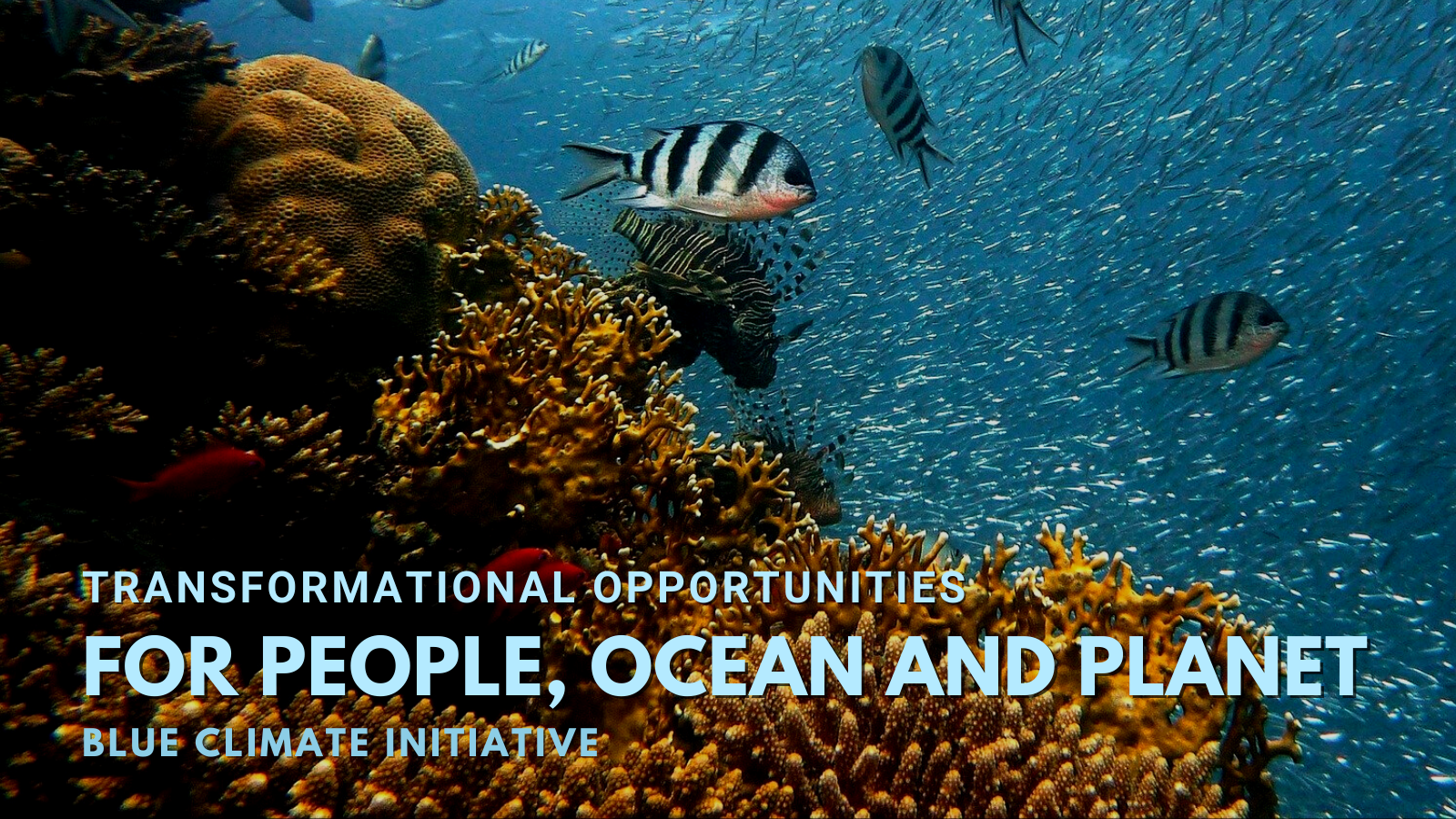
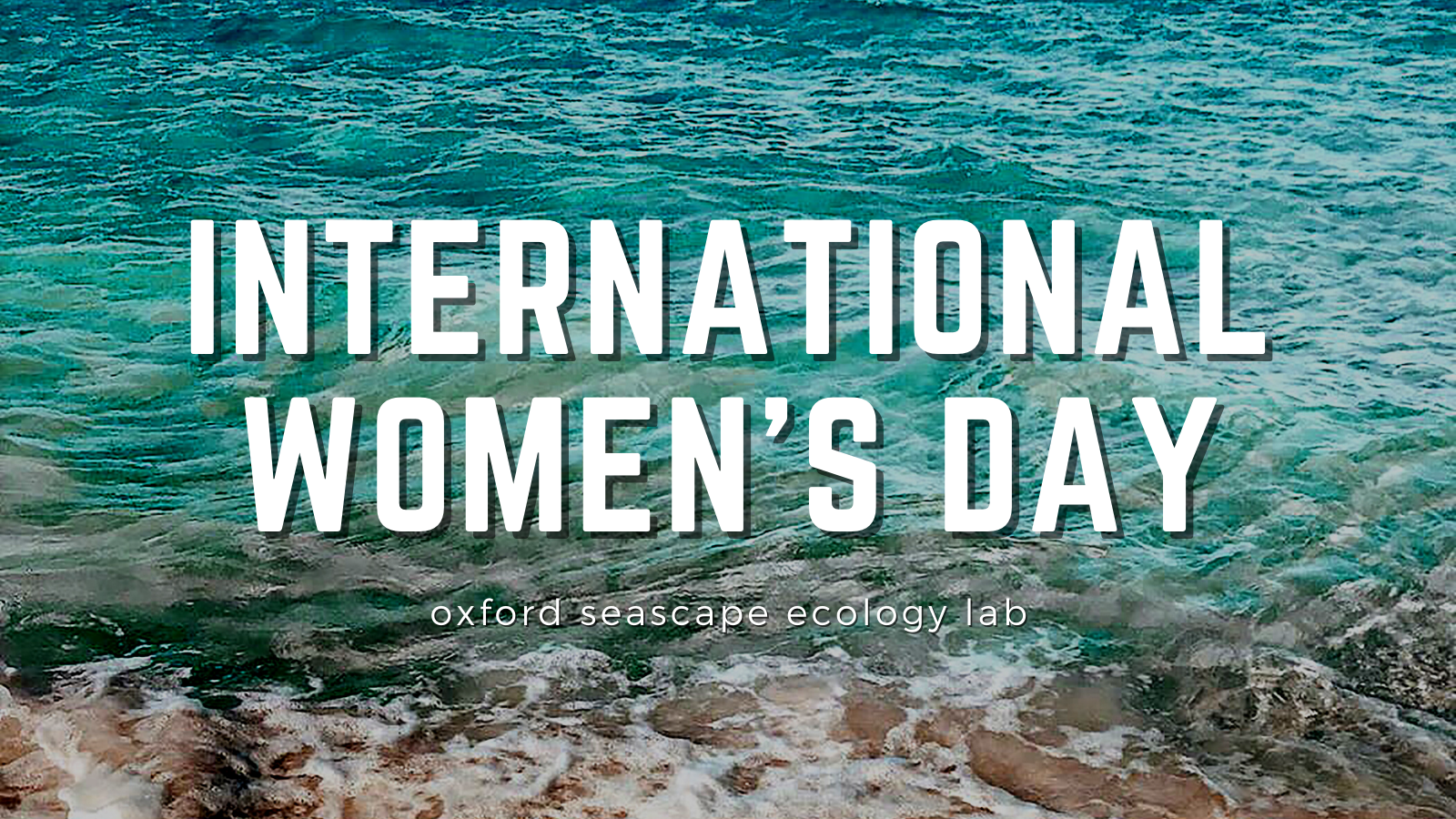


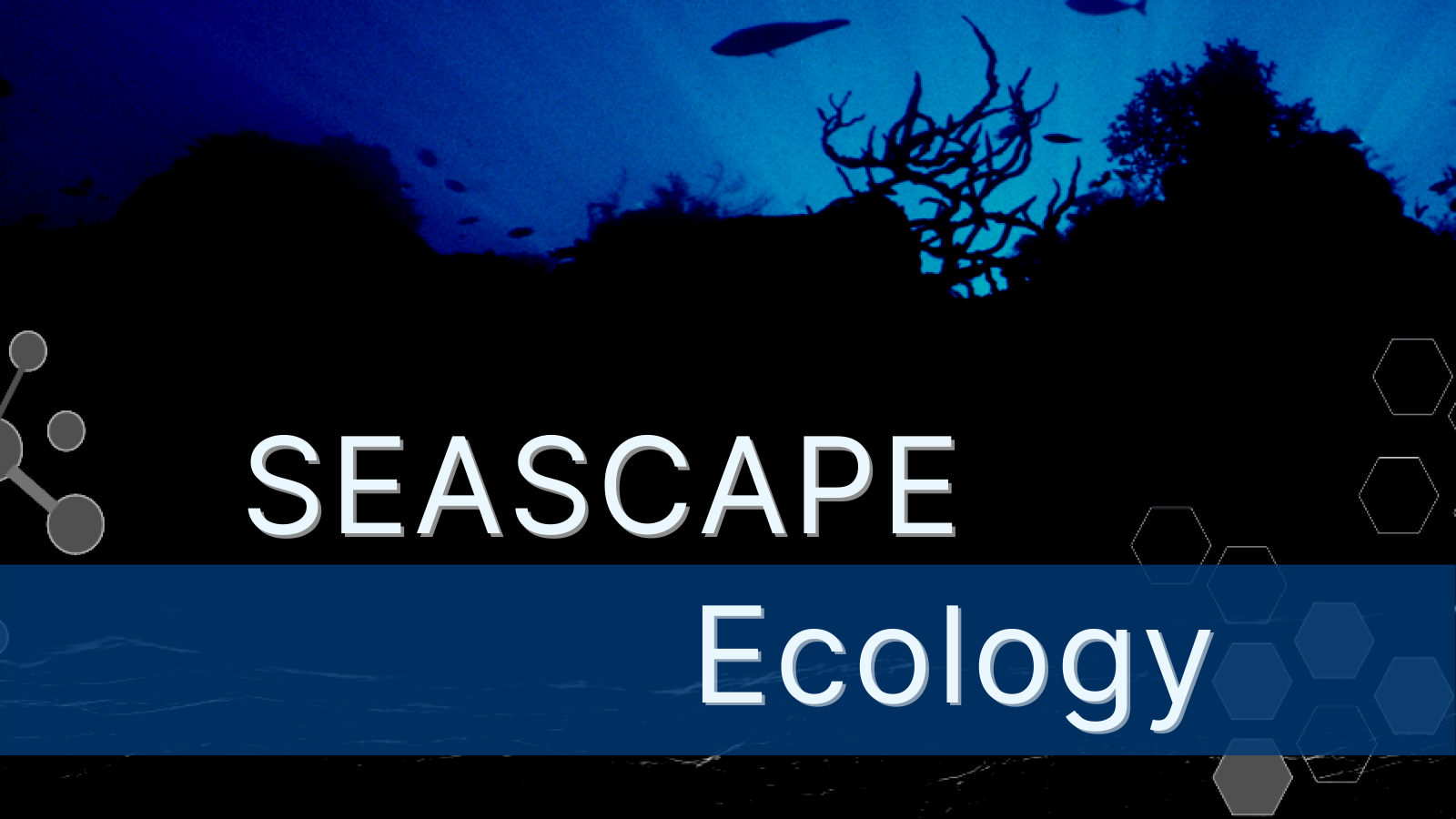
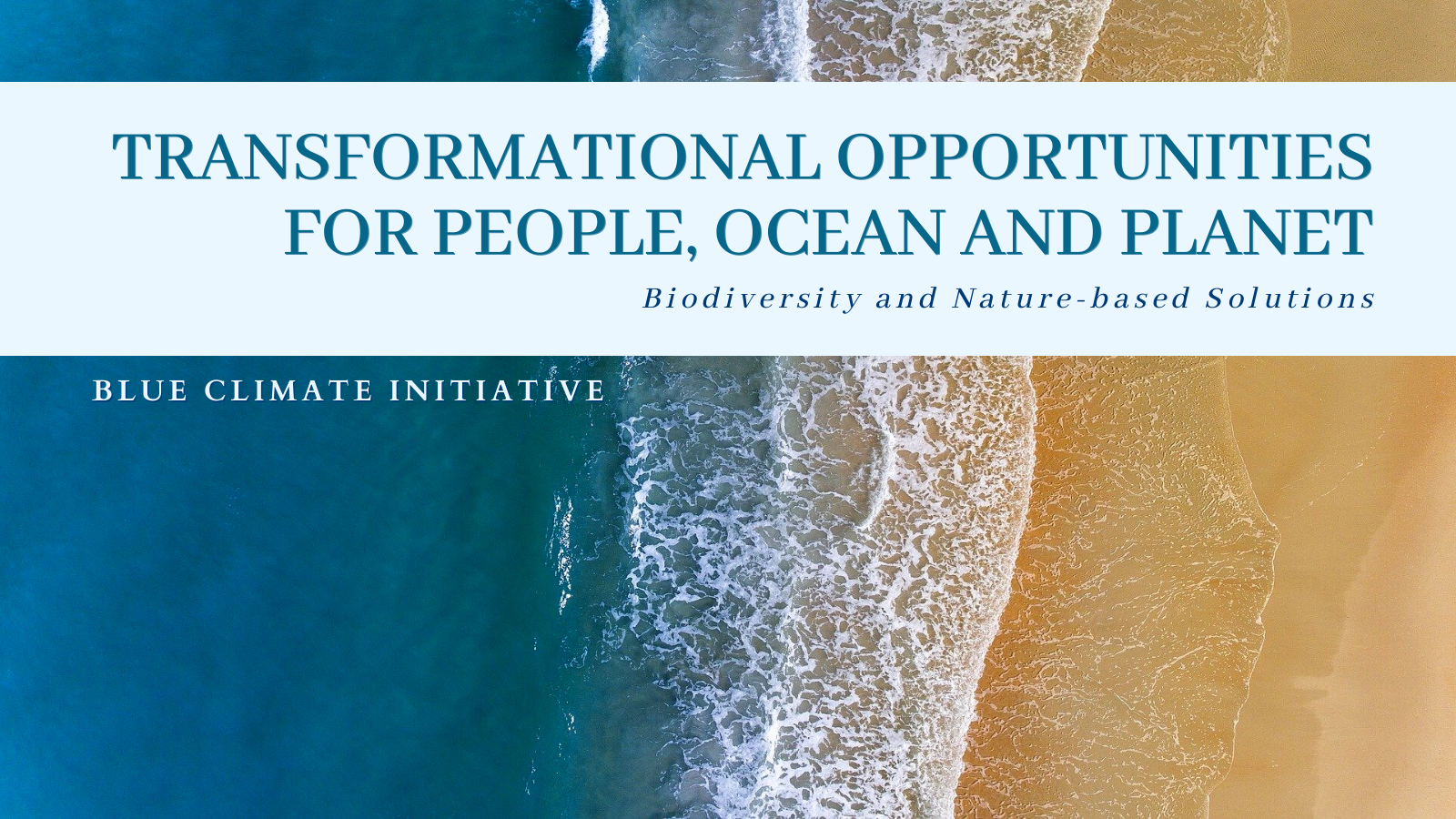

Press
Science Corner: Incorporating blue carbon sequestration benefits into sub-national climate policies Blue Forest Conservation, 12 May 2021
CIE Spotlight: Estimating blue carbon sequestration under coastal management scenarios Centre for Integrative Ecology 15 April 2021
New study incorporates blue carbon science into climate policy solutions Oxford School of Geography and the Environment, 11 Mar 2021
SoGE celebrates International Women's Day 2021 Oxford School of Geography and the Environment, 08 Mar 2021
New study evaluates the advancement of ecology from a 2-D to 3-D science Phys.org, 17 Feb 2021
New Study Evaluates the Advancement of Ecology from a 2D to 3D Science Oxford School of Geography and the Environment, 17 Feb 2021
New Study Evaluates The Advancement Of Ecology From A 2D To 3D Science SCIENMAG 17 Feb 2021
Novel Modeling Technique Reveals Paired Pressures in Arctic Ecosystems Stanford Center for Ocean Solutions, Dec 8 2020
New study illuminates ways that we can increase coral reef resilience Oxford School of Geography and the Environment, 03 Jun 2019
New study identifies management solutions for Hawaiian coral reefs Stanford Center for Ocean Solutions, May 28, 2019
Employing 3-D coral reef remote sensing to predict fish biomass Phys.org, 16 Apr 2019
Can remote sensing help us to protect coral reefs? Oxford School of Geography and the Environment, 15 Apr 2019
Employing 3D coral reef remote sensing to predict fish biomass Stanford Center for Ocean Solutions, Apr 13 2019
New tool merges climate science, law and policy to protect California Coastline Stanford Center for Ocean Solutions, Mar 13 2019
New study uses machine learning to understand coral reef tipping points Stanford Center for Ocean Solutions, Feb 12 2019
New picture of coral reef health opens avenues for saving them MongoBay, 21 Nov 2018
Helping Hawaiian Corals Recover Stanford Center for Ocean Solutions, 16 Nov 2018
Before reefs become deserts: Keeping coral healthy in Hawaii. My Science, 01 Mar 2018
New study aims to restore Hawaii's dying coral. Hawaii News Now, 02 Mar 2018
New study aims to restore Hawaii's dying coral. KFVE The Home Team, 02 Mar 2018
Saving Hawaii's Coral. Technology.org, 05 Mar 2018Map shows how humans and nature affect Hawaii's coral reefs - Futurity, 08 Mar 2018
Protecting Diversity on Coral Reefs: DNA May Hold the Key. Technobahn, 28 Apr 2016
Protecting diversity on coral reefs: DNA may hold the key. Phys.org, 27 Apr 2016
U.N. body issues exploration contracts as era of deep sea mining nears, July 26, 2015, The Japan Times
Deep-sea mining regulations need stronger environmental protections. July 16, 2015, IndyBay
Call for halt on deep-sea mining could impact Vancouver's Nautilus Minerals. July 13, 2015 Business Vancouver
Scientists want to try eco-friendly approach to deep-sea mining. July 13, 2015 Tech Times
Scientists show rising concern about deep-sea mining, July 13, 2015, CNBC
Calls for more deep sea mining protections. July 11, 2015, Scoop
Environmental groups call for regulation as world dives into deep sea mining. July 10, 2015, The Washington Post
Waters southeast of Hawaii a center of debate on sea mining. July 10, 2015 West Hawaii Today
Scientists, environmentalists call for freeze in deep sea mining permits. July 10, 2015, mining.com
US researchers propose eco-friendly strategy to extract deep sea resources. July 10, 2015, mining-technology.com
Marine protection zones should come before deep sea mining, say scientists. July 9, 2015, Popular Science
Scientists want balance between deep-sea mining and ecosystem sustainability. July 9, 2015, Honolulu Civil Beat
Managing mining of the deep seabed. July 9, 2015, Phys.org
Conservation group calls for more deep sea mining protections. July 9, 2015, UPI
Managing mining of the deep seabed. July 9, 2015, Science Daily
Conservation group calls for more deep sea mining protections. July 9, 2015, Big News Network






